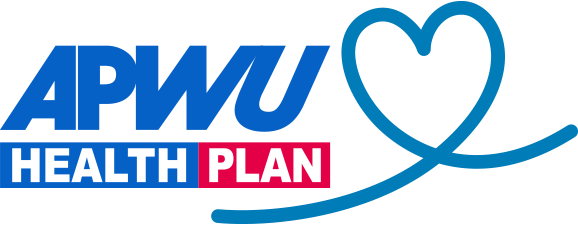Anxiety is a normal part of life. From time to time, we all feel nervous or worry about certain situations, but anxiety can be a problem if it interferes with daily activities or makes it hard for you to enjoy life. Anxiety disorders are quite common. In fact, in the United States, at least 40 million adults struggle with anxiety. While the condition is often treated with therapy and medications, watching what you eat can help reduce anxiety and stress and improve your mood.
Common symptoms of anxiety
People with an anxiety disorder often feel nervous, restless, or tense and have recurring thoughts or concerns. Other symptoms of anxiety include:
- Having a sense of impending danger or doom
- Panic attacks
- Rapid heartbeat
- Sweating
- Breathing rapidly
- Trembling
- Feeling weak or tired
- Trouble concentrating
- Worrying too much
- Stomach or digestive problems
- Wanting to avoid certain situations
- Trouble sleeping
Foods high in antioxidants have been shown to reduce anxiety
Eating foods rich in antioxidants can help reduce the symptoms of anxiety. Antioxidants—including vitamins A, C, and E—may also play a role in preventing cancer, heart disease, and stroke.
According to the USDA, the top 20 foods highest in antioxidants include:
- Small red beans, red kidney beans, Pinto beans, and black beans
Make a bean salad or cowboy caviar. - Blueberries, cranberries, blackberries, raspberries, and strawberries
Use frozen berries in fruit smoothies. - Prunes, Red Delicious apples, Granny Smith apples, Gala apples, sweet cherries, black plums, and plums
For a tasty twist on the classic grilled cheese sandwich, add apple slices and spinach. - Pecans
Sprinkle chopped pecans on green salads. - Artichokes
Roast artichokes in the oven with olive oil. - Russet potatoes
Looking for the perfect comfort food? Slow cooker mashed potatoes with garlic will hit the spot. - Dark leafy greens
Whip up a crustless spinach quiche for brunch.
Asparagus is another antioxidant-rich vegetable with anti-anxiety properties. It’s also high in fiber and a great source of potassium, vitamin K, and the trace element chromium.
Chocolate, especially dark chocolate, can improve your mood and reduce the hormone cortisol, which is linked to anxiety. Chocolate and cocoa powder are made with beans that are a rich source of natural antioxidants called flavonoids.
Other vitamins and minerals linked to lowered anxiety include:
- Magnesium
Sources include dark leafy greens, spinach, nuts, seeds, whole grains, and legumes. - Zinc
Sources include egg yolks, cashews, oysters, and beef. - Omega-3 fatty acids
Sources include wild salmon, fish, flaxseeds, and chia seeds. - B vitamins
Sources include avocado and almonds.
Relieve anxiety with simple lifestyle changes
Eating a healthy diet can play a key role in helping to manage anxiety. Well-balanced meals are important for your physical and mental health. Making other lifestyle changes can also help control your symptoms:
- Drink enough water. Dehydration can cause anxiety-like symptoms, including headache, dizziness, fatigue, increased heart rate, and nausea.
- Keep your blood sugar stable. Don’t skip meals. And, include protein at breakfast to give yourself more energy and help you feel fuller longer.
- Eat complex carbohydrates. Our bodies metabolize complex carbohydrates slowly, which can help maintain steady blood sugar levels and make you feel calm. Eat whole grains rich in complex carbohydrates, including oatmeal, quinoa, and whole-grain breads.
- Avoid foods that can trigger anxiety. Some foods can make anxiety worse, especially processed grains, fried chicken, potato chips, and french fries. It’s also a good idea to limit sweetened beverages, cookies, cakes, and candy.
- Limit or avoid alcohol. Alcohol may calm you, but it can also make you feel edgy and interfere with sleep.
- Limit or avoid caffeine. Coffee and caffeinated beverages can make you feel nervous.
Talk to your doctor
Getting enough sleep, staying physically active, and practicing anxiety-reducing techniques like meditation and yoga can also ease anxiety. Try to stay connected to friends and family. If your anxiety is severe or interferes with your day-to-day activities, talk to your doctor or a counselor.
Many health plans offer access to telehealth services or virtual visits that let you talk to a doctor or counselor from your smartphone, tablet, or computer without leaving home. Check your plan documents for details about your coverage.







